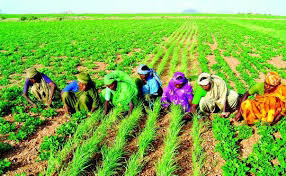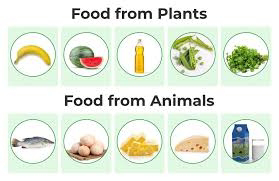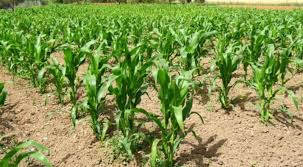starting farming venture
starting a farming venture. Please keep in mind that farming practices can vary depending on the type of crops, livestock, or agricultural techniques involved. Here's a general outline:
Determine your farming goals: Identify what you want to achieve with your farm. Decide if you want to focus on crop production, livestock farming, or a combination of both.
Conduct market research: Research the demand for agricultural products in your area. Identify potential customers, such as local markets, restaurants, or wholesalers, and understand their requirements.
Choose a suitable location: Find land that is suitable for your farming activities. Consider factors like soil quality, access to water sources, proximity to markets, and legal regulations for agricultural operations.
Develop a business plan: Create a comprehensive business plan that outlines your farm's objectives, financial projections, marketing strategies, and operational details. This plan will serve as a roadmap for your farming venture.
Obtain necessary permits and licenses: Check the local regulations and obtain any required permits or licenses for operating a farm in your area. This may include zoning permits, environmental permits, or certifications for organic farming, depending on your location and farming practices.
Secure financing: Determine your financial p include personal savings, bank loans, government grants, or partnerships with investors.
Acquire equipment and infrastructure: Purchase or lease the necessary farming equipment, such as tractors, irrigation systems, and storage facilities. Ensure that you have adequate infrastructure for the specific type of farming you're planning.
Source seeds, animals, or crops: Find reliable suppliers for seeds, livestock, or crops based on your farming plan. Consider factors such as quality, disease resistance, and compatibility with your local climate.
Implement farming practices: Follow best practices for planting, cultivating, and harvesting your crops or managing your livestock. This may include irrigation techniques, fertilization methods, pest control measures, and animal care protocols. Consult with local agricultural experts or extension services for guidance specific to your region.
Monitor and manage farm operations: Regularly monitor the health and progress of your crops or livestock. Keep detailed records of expenses, yields, and any issues encountered. Continuously assess and adjust your farming strategies based on the feedback and results.
Market and sell your products: Develop a marketing strategy to promote and sell your agricultural products. Explore various channels such as farmers' markets, direct sales, online platforms, or establishing partnerships with local businesses.
Seek ongoing education and improvement: Stay updated on the latest farming practices, technologies, and market trends. Attend workshops, conferences, or join relevant industry associations to network with other farmers and gain valuable insights.
Remember, farming is a complex and dynamic field, and there may be specific considerations or techniques based on the type of farming you're interested in. It's always recommended to consult with local agricultural experts, extension services, or experienced farmers in your area for more specific guidance.
Follow me more details
Click on the link 🔗🖇️👇👇















Comments
Post a Comment